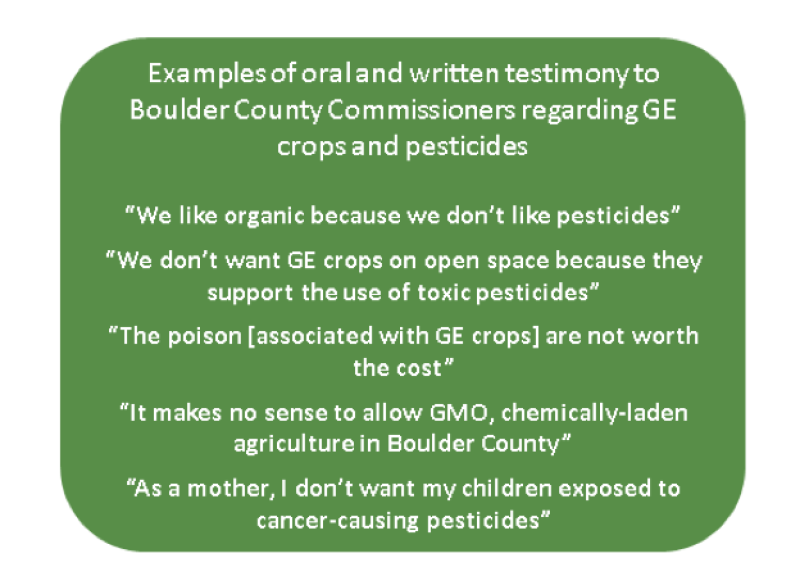[It’s] conventional wisdom that humans’ sense of smell is worse than that of other animals — dogs, mice, moles and even sharks.
This belief isn’t based on empirical evidence, but on a 19th-century hypothesis about free will that has more in common with phrenology than with our modern understanding of how brains work. In a review published [May 11] in Science, John P. McGann, a neuroscientist who studies olfaction at Rutgers University, reveals how we ended up with this myth. The truth is, humans are actually pretty good at smelling our world.
The myth that trivializes this complex process began with Paul Broca, a 19th-century French physician who studied the human brain to understand what made us different from other animals.
Dr. Broca argued that big olfactory bulbs compelled animals to succumb to earthly desires, while humans had free will nestled within big frontal lobes, which helped them overcome the urges caused by sensing odors.
…
What matters may not be the size or the space in the brain devoted to smelling, but other things like the ways our smell or brain systems are wired or used. Mice and humans’ olfactory bulbs, for example, differ in relative size, but the number of neurons inside them are pretty similar.
The GLP aggregated and excerpted this blog/article to reflect the diversity of news, opinion, and analysis. Read full, original post: Humans Have a Poor Sense of Smell? It’s Just a Myth































